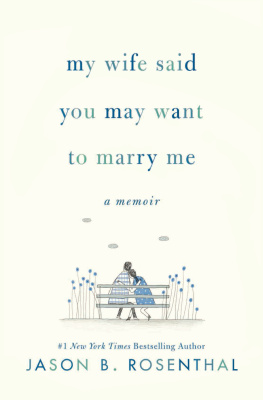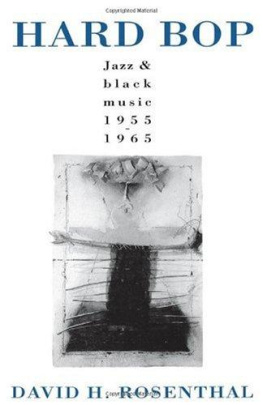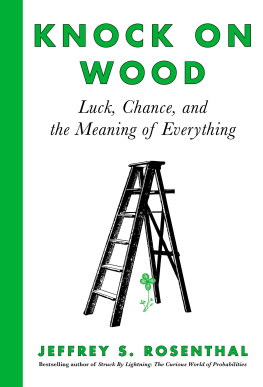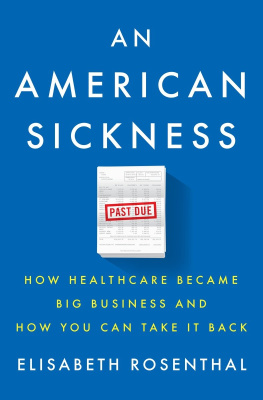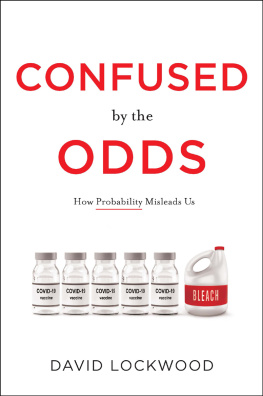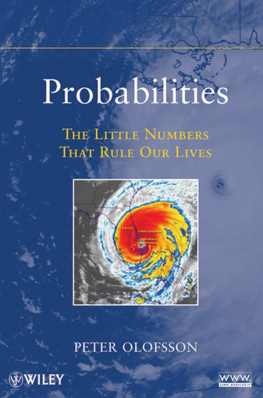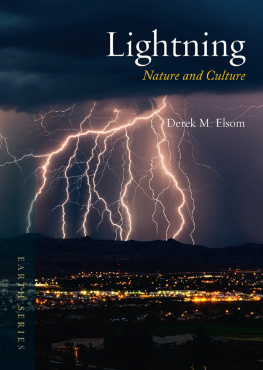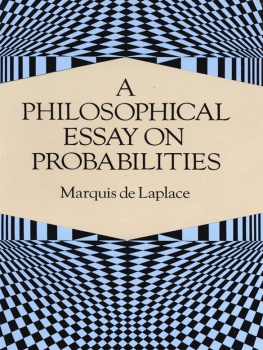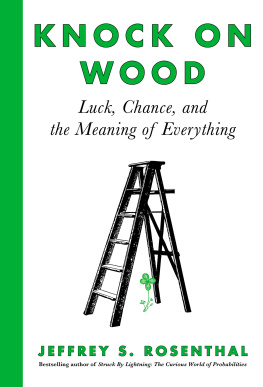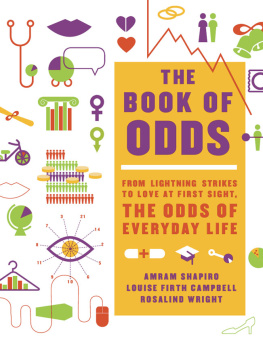J EFFREY S. R OSENTHAL
1
Surrounded by Randomness
Probabilities Everywhere
When I was a graduate student at Harvard University, I booked a flight to New Yorks John F. Kennedy Airport to visit some relatives. Exactly one week before my flight, there was a major accident at the same airport: an Avianca airplane missed its first landing approach, ran out of fuel during its second approach, and crashed, killing 73 people.
At first I was shocked. How could I travel to Kennedy airport so soon after such a tragedy? Surely it wasnt safe. I would have to cancel my visit!
In an effort to calm myself, I tried to think logically. At the time, I was working on a doctoral dissertation related to the mathematics of probability theory, but my research was rather theoretical, and not related to everyday life. Could I perhaps apply my abstract knowledge to this very concrete situation?
I did a quick calculation. I determined that there are about 5,000 flights per week to Kennedy airport. So, even if this airport accident was somehow the fault of the Kennedy Airport itself (which it probably wasnt), and even if I knew that there would be another accident there sometime during the next week (which I didnt), there would still be only one chance in 5,000 that my own flight would be affected.
Now, one chance in 5,000 isnt so small, but it isnt so large either. It was small enough to reassure me that my flight would probably be fine.
I flew to New York as scheduled and, in a victory for probability theory, I encountered no difficulties whatsoever.
In the years following my New York adventure, I began to realize that we are all constantly faced with situations and choices that involve randomness and uncertainty. A basic understanding of the rules of probability theory as they apply to real-life circumstances can help us to make sense of these situations, avoid unnecessary fear, seize the opportunities that randomness presents to us, and actually enjoy the uncertainties we face.
Human beings have always been both fascinated and appalled by randomness. On the one hand, we love the thrill of a surprise party, the unpredictability of a budding romance, the mystery of a good detective novel, and the freedom of not knowing what tomorrow may bring. We are inexplicably delighted by strange coincidences and striking similarities. Staid urban sophisticates gladly plunk down millions of dollars on lottery tickets and horse racesand on the stock market. Weary adults, after a hard day of work, are happy to play cards or roll the dice in a feisty game of chance. Audiences root for Casablancas inconsistent and unpredictable Rick Blaine (Humphrey Bogart), over the brave and heroicbut predictableVictor Laszlo (Paul Henreid).
On the other hand, we hate uncertaintys dark side. From cancer to SARS, diseases strike with no apparent pattern, ruining lives and baffling medical science. Terrorists attack, airplanes crash, bridges collapse, and we never know who will die next. Even the weather can suddenly and unexpectedly turn deadly, or just ruin an outdoor wedding. Successful politicians usually go out of their way to sound sure about everything, thus helping us to forget their (and our) lack of control over major national events that are ultimately, well, random.
Randomness is often neither good nor bad, but simply confusing. We are told of poll results accurate to within four percentage points, 19 times out of 20, or of a study that proves that a certain medication is good and certain lifestyle choices are bad. We are told that we have nothing to lose when we nervously ask someone out on a date, despitethe frightening possibility of rejection. We are assured that there is a 40% chance of rain today. We are warned of the risk of false positive results when we are diagnosed with a disease. It is not always clear how we should react to such probabilities, or even what they really mean.
At times we try to ignore or explain away the random nature of our world. We imagine that God creates the weather intentionally, to punish us, or that counting flower petals can tell us whether she loves me or she loves me not. In Shakespeares Julius Caesar, Cassius denies the effect of luck on human destiny, declaring, The fault, dear Brutus, is not in our stars/But in ourselves, that we are underlings. In the movies, poker-playing, cigar-chewing cowboys get Royal Flushes through sheer willpower. In The Cooler, Bernie (William H. Macy) causes gamblers to lose just by standing nearby. And the rascally hero of Star Wars, Han Solo (Harrison Ford), warned by an android that the odds against successfully navigating an asteroid field are approximately 3,720 to one, scoffs Never tell me the odds!
But the reality is that when it comes to randomness, you can run but you cant hide. So many aspects of our lives are governed by events not completely in our control, and uncertainty is here to stay. We have two options: we can let uncertainty get the better of us or we can learn to understand randomness. If we do the latter, we will make better choices and learn to harness uncertainty for our own purposes.
Lets consider a few scenarios and how an understanding of uncertainty and probability might help us sort them out.
- You are planning a trip to a foreign country, but you are put off by reports of terrorist activities there. Should you go anyway? A simple understanding of probabilities will allow you to assess the risk of terrorism on your trip, and to decide whether the probabilities are high enough to affect your plans.
- You need a secret code to conduct a secure financial transaction over the Internet. If you just make up a code, an enemy agent might anticipate your psychology, guess the code, and obtain secret information. On the other hand, if you use randomness to generate your
- code, you can virtually guarantee security against even the cleverest enemy. Modern computers use randomness in this way all the time.
- You are involved in a battle of wits with a clever opponent and want to avoid being outsmarted. You can use randomness to create a Nash equilibrium strategy in which your opponent can do no better than guess.
- The local police chief and politicians all insist that crime is out of control and that more money is needed for law enforcement.You can use linear regression to decide for yourself whether or not crime is actually increasing.
- You are considering asking out that cute accountant in the business office, but you are worried that she will reject your advance or perhaps even complain about it.Utility theory allows you to quantify your feelings about your wants and fears, and to compute whether or not they justify making that phone call.
- Your doctor informs you that you must take a certain drug, shown conclusively to be effective by the latest medical study. By considering the studys biases and p-value, you can determine for yourself whether or not to accept its conclusions.
- A rival scoffs that you are more likely to be struck by lightning than to succeed in your business venture. A simple check of the numbers will reveal just how unlikely lightning deaths really are and put your rivals comments into context.



